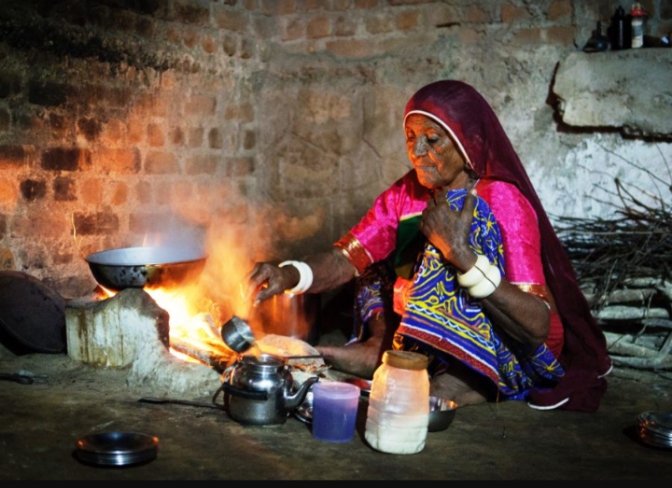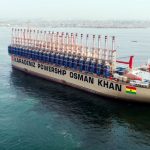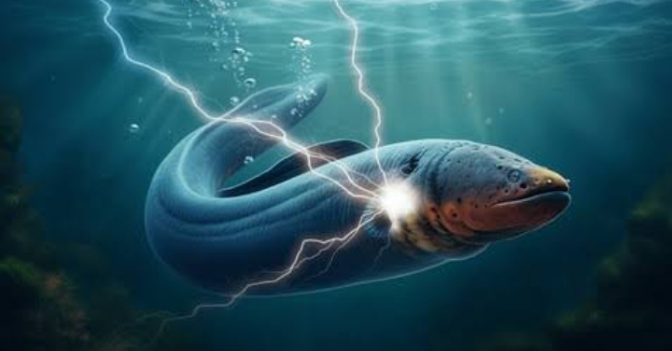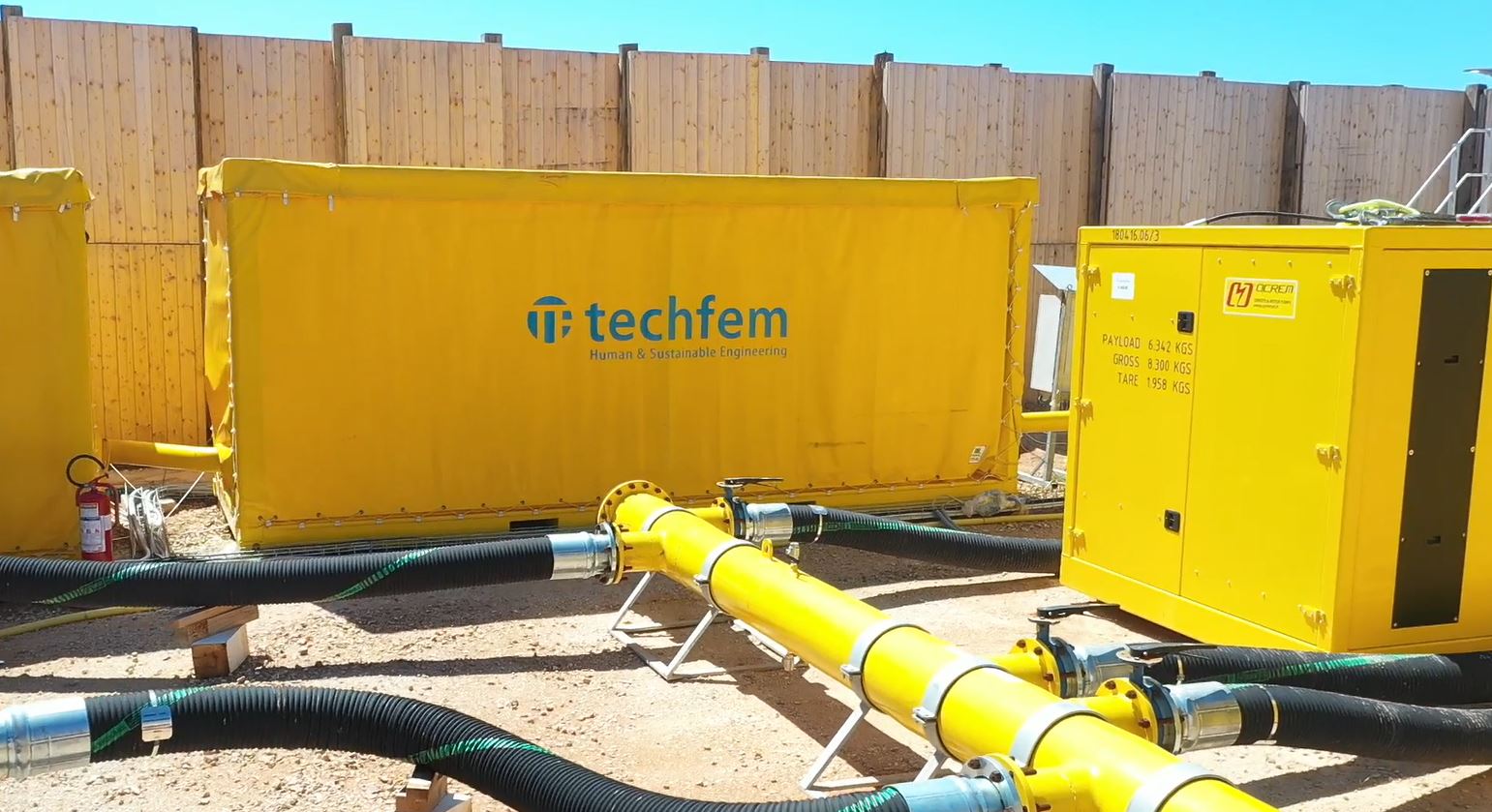The Istanbul-based company, Karpowership is shaking up the power sector on the continent, currently supplying electricity to six African countries and trying to add Morocco to its client list.
The six African countries include Gambia, Ghana, Sudan, Sierra Leone, Guinea-Bissau, and Mozambique, the subsidiary is, according to experts, a game changer in the field.
Founded in 2010, the company sells kilowatt-hours to national electricity operators through dual power plants (gas and heavy fuel oil) built on boats and “capable of connecting to any electricity grid and gas pipeline”. In short, they operate floating power plants, known as powerships.
Sales manager at Karpowership, an affiliate of Turkey-based Karadeniz Energy Group, Zeynep Harezi said: “We need to convince our customers to change their thinking. During our meeting with [Morocco’s] National Electricity and Drinking Water Board (ONEE) in May, we explained that our power plants also offer medium and long-term solutions over twenty years and more, in addition to emergency solutions. ”
Armed with a clear and robust agenda, the niece of Orhan Karadeniz, the CEO of the eponymous parent company, was present at the Africa Energy Forum (AEF) in Lisbon in mid-June to drive this message home.

The Turkish power company won their first Africa contract in Ghana in 2014, starting with a barge equipped with a 200MW power plant and anchored in the coastal city of Tema.
The latter was eventually replaced in December 2016 with a boat holding a 480MW power plant.
The latter will be undertaking a one week trip to Sekondi-Takoradi in the south-western region of Ghana within the next six months to take advantage of a gas pipeline.
In 2018, Karpowership increased the number of short-term contracts it had on the continent. Among these are a two-year agreement for 30MW each for Sierra Leone’s Freetown; a two-year agreement for 30MW each for Banjul, Gambia; a five-year contract to supply 45 MW for Mozambique and a three-year contract in Sudan for 150 MW signed on May 12, 2018. Karpowership began supplying electricity on May 16.
In Zambia, a landlocked country, the company added an additional 100 MW to the grid between March 2016 and March 2018 through the Mozambican and Zimbabwean grid.
Two contracts in Guinea-Bissau this year, the first for one year and the second for five years for 17 MW and 30 MW, respectively.
The Istanbul-based company currently supplies 26 percent of the electricity produced in Ghana, 10 percent in Mozambique, 80 percent in the Gambia and Sierra Leone, and 10 percent in Sudan. It is also present in the Middle East (Iraq since 2010), Asia (Indonesia) and this year in Central America (Cuba).
To date, Karpowership has nearly 850 MW in operation in Africa. While this figure is still low compared to well-established competitors in the region, it remains essential for the countries concerned.
Its fleet is made up of twenty ships worldwide, equivalent to 3,100 MW.
“Twenty other boats accounting for a total of 5,000 MW are being built in Istanbul in four different shipyards, two of which belong to us. We are currently in negotiations with 15 countries, half of them African, for these ships,” says Harezi.
As a sign of the company’s confidence in its model, all boats are built before they are even distributed.
“We pick our customers at the very last minute. It’s a very big bet. But it’s a sure bet. The world needs clean, cheap and fast injection electricity. And that’s what we offer,” adds Harezi.
“How can a family business raise the equivalent of $500m without outside support?,” questions an anonymous industry player who suspects Turkish authorities are behind the firm’s success.”Karadeniz Holding often tags along when [Turkish President] Recep Tayyip Erdogan travels to the continent,” he says. In reply, Harezi says the company takes “all the risks and we are able to absorb them better than anyone else, because our financial statements are very strong”.
Lack of electricity in Africa results in an estimated annual loss of revenue of $3.5 per kWH
Harezi adds that the company’s solutions are “systematically among the cheapest in each of the markets in which [it operates]”. The company claims, for example, that it has reduced electricity costs in Ghana by nearly 50 percent and according to a June 2018 tweet from Sierra Leone’s Director of Communications at the Presidency Tanu Jalloh, the cost of supplying Freetown with electricity is 16.4 cents per kWH with Karpowership, compared to the 19.596 cents the previous supplier Aggreko charged.
This rate is still three times higher than that of some new power plants, particularly solar, currently operating on the continent.
But the Turkish company is looking further ahead. Many countries are currently seeking to add gas to their energy mix in order to stabilise their grid and overcome the intermittency of renewable energies.
These include those with gas reserves, such as Senegal and Mozambique, and also those considering importing liquefied natural gas, such as Morocco or South Africa.
Morocco is looking to reduce the financing costs of its $4.6bn megaproject planned for Jorf Lasfar thanks to Karpowership. “In the long run, we plan to become a real Gas-to-Power company,” says Harezi, “by converting all our operations to gas and equipping our boats with a regasification unit. We will particularly focus on small Gas-to-Power projects. Many African countries need it, and no company is able to meet these needs. This is the market that we want to become leaders in.”
But according to Rebecca Major, a partner at the law firm Herbert Smith Freehills, “it will be interesting to see how governments will judge this offer from a political standpoint because it appears increasingly unstable and more ephemeral. The question is, is it part of the solution or is it the complete solution?”
Source: The Africa Report









